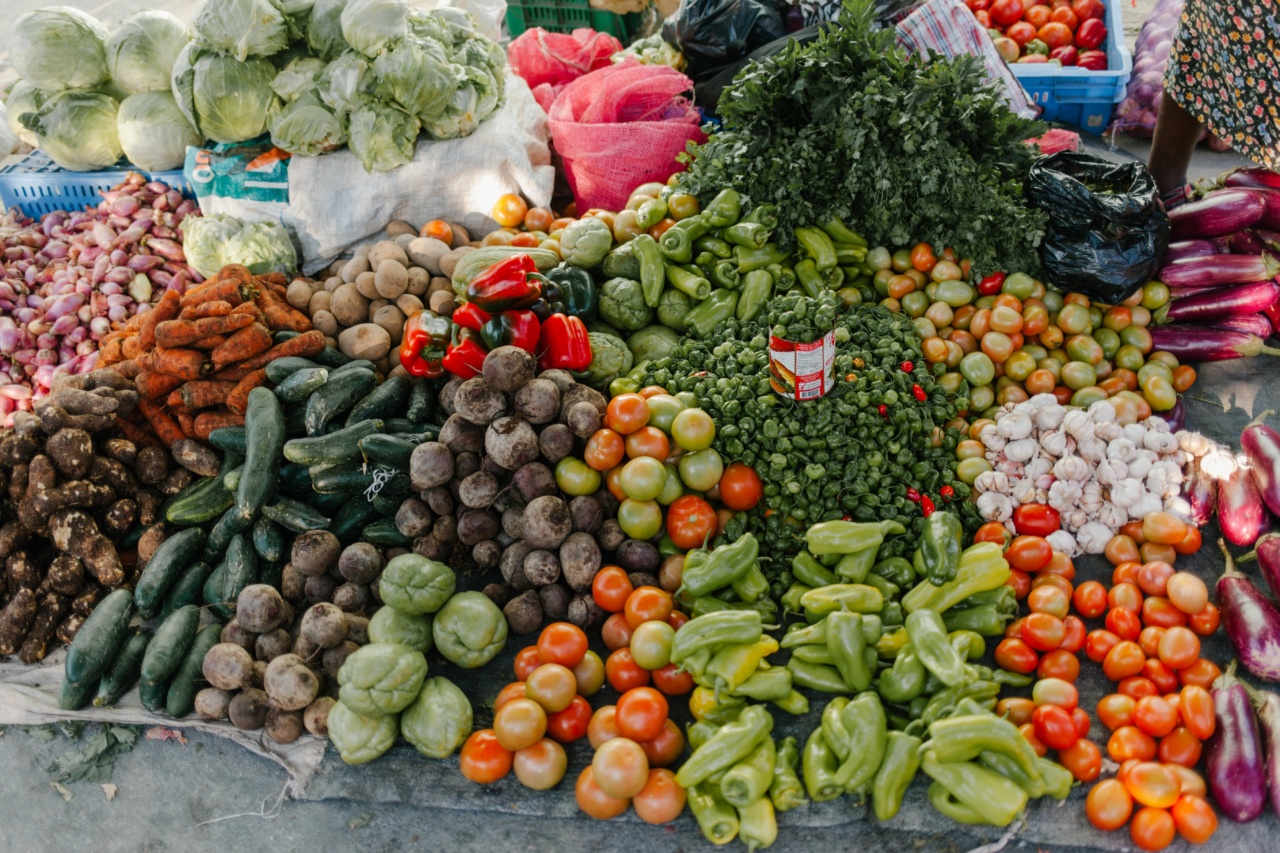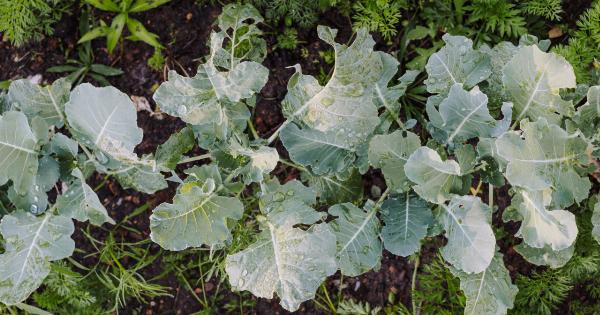High cholesterol levels can lead to serious health issues, including heart disease, stroke, and diabetes.
While medication can help control cholesterol levels, lifestyle and dietary changes can also play a significant role in managing this health concern. One such change is incorporating cholesterol-fighting vegetables into your diet.
What is Cholesterol?
Cholesterol is a fatty substance found in the blood. While the body needs some cholesterol to build cells and produce hormones, too much cholesterol can build up in the arteries, leading to blockages, heart disease, and other health problems.
There are two types of cholesterol:.
HDL and LDL
High-Density Lipoprotein (HDL) is known as the “good” cholesterol because it helps remove excess cholesterol from the arteries, reducing the risk of heart disease.
Low-Density Lipoprotein (LDL), also known as the “bad” cholesterol, can accumulate in the arteries, leading to blockages and increasing the risk of heart disease.
The Benefits of Cholesterol-Fighting Vegetables
Eating vegetables that are rich in fiber, antioxidants, and nutrients can have several health benefits, including lowering cholesterol levels. The following vegetables are especially effective at fighting cholesterol:.
Broccoli
Broccoli is a cruciferous vegetable that is high in fiber, vitamins, and minerals. It also contains a plant compound called sulforaphane, which has been shown to have cholesterol-lowering properties.
Some studies have suggested that consuming broccoli regularly can lower LDL cholesterol levels while increasing HDL cholesterol levels.
Spinach
Spinach is another nutrient-rich vegetable that can help lower cholesterol levels. It contains a high amount of lutein, a carotenoid that can prevent the buildup of cholesterol in the arteries.
Spinach is also high in fiber, which can help reduce LDL cholesterol levels.
Kale
Kale is similar to broccoli in that it is a cruciferous vegetable containing sulforaphane. It also contains high amounts of fiber, vitamins, and minerals.
Some studies have suggested that consuming kale regularly can lower LDL cholesterol levels and increase HDL cholesterol levels.
Carrots
Carrots are a root vegetable that is high in fiber, vitamins, and minerals, including beta-carotene. Beta-carotene can help reduce cholesterol levels by preventing the absorption of cholesterol in the intestines.
Carrots are also low in calories, making them an excellent addition to any diet.
Okra
Okra is a vegetable that is high in fiber, vitamins, and minerals. It also contains a plant compound called pectin, which can help reduce cholesterol levels by preventing the absorption of cholesterol in the intestines.
Additionally, okra has been shown to have anti-inflammatory properties and can help improve digestion.
Brussels Sprouts
Brussels sprouts are a cruciferous vegetable that is high in fiber, vitamins, and minerals. They also contain a compound called glucosinolate, which has been shown to have cholesterol-lowering properties.
Some studies have suggested that consuming Brussels sprouts regularly can help reduce LDL cholesterol levels.
Conclusion
Incorporating cholesterol-fighting vegetables into your diet can have a significant impact on managing high cholesterol levels.
Regular consumption of vegetables like broccoli, spinach, kale, carrots, okra, and Brussels sprouts can help reduce LDL cholesterol levels while increasing HDL cholesterol levels. Additionally, these vegetables are also high in fiber, vitamins, and minerals, making them an excellent addition to any diet.



























